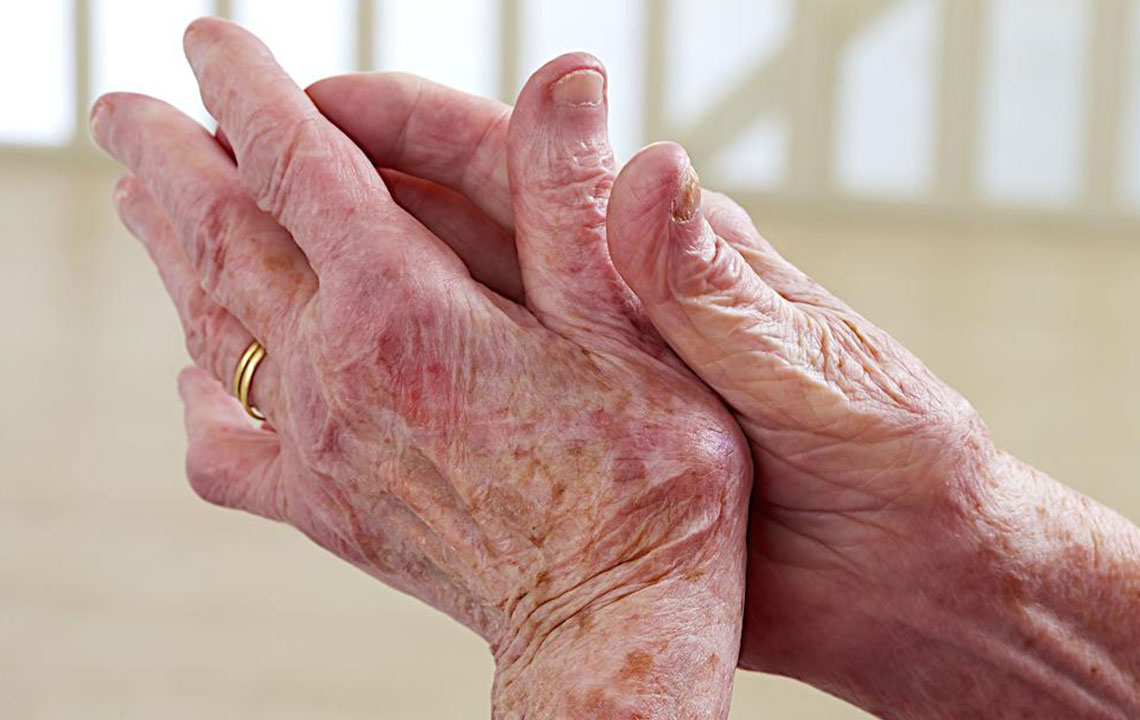Symptoms of Lupus and Ways to Prevent It
Lupus, medically known as Lupus Erythematosus, is a chronic autoimmune disorder that affects body parts. It is called autoimmune because it is a disease of the immune system. It can be caused genetically or depends on one’s lifestyle. But it is not necessary that family history be a reason for lupus.

Symptoms of lupus:
- Fatigue – It is one of the most common lupus symptoms when energy levels of the affected individual go down day by day.
- Fever – Low-grade fever (99⁰F- 101⁰F) is another one of the early lupus symptoms. It can include signs of infection or inflammation. People usually neglect this unexplained fever, but you must consult a doctor.
- Muscle pain – Stiffness and swelling in joints can cause pain mainly in the morning. Joints also get reddish and unbearable pain can be felt when moving.
- Rashes – Cheeks and nose are covered with butterfly-shaped rashes. Almost 90% people experience redness and itchiness, especially under sunlight.
- Chest pains – Pulmonary and respiratory problems are common with lupus. Inflammation and swelling can be the cause of pleuritic chest pains also.
- Dry eyes -Sjogren’s syndrome, an autoimmune disorder affects the glands and produce tears and saliva. Eyes can feel dry, and ulcers are seen in the mouth. Lupus also damages the blood vessels of the eyes and controlling the eye movement get difficult due to it.
- Digestive problems – Lupus is often accompanied by heartburn, acid, and other gastrointestinal problems.One of the related lupus symptom in this case weight loss of the patient.
- Hair loss–Hair loss is one of the common lupus symptoms in patients when hair becomes thin. Sometimes patients even lose eyebrows, eyelashes, and hair on other body parts. Brittle hair that easily breaks due to lupus is known as ‘lupus hair’.
- Loss of libido – Due to stress and hormonal change during lupus, women may experience dryness in the vagina and irregular periods.
How is lupus treated?
Lupus treatment is not a matter of a day. Since lupus changes over time and is unpredictable, the treatment depends on various factors like patient’s age, and his or her health conditions. Sometimes it doesn’t require treatment, but in serious conditions, lupus needs proper treatment for a long period of time. Drugs used in lupus treatment are:
- Steroids – Steroids are for rashes and lumps. One can directly apply them to the skin. Steroid should be used in low dose, but in the case of an internal infection, the patient can use them in higher
- doses as well. Remember before taking a high dose; please consult a doctor because steroids have side effects.
- Plaquenil – It is mainly used to control the joint and muscle problems.
- Cytoxan– It is a chemotherapy drug to treat the causes affecting the kidneys or brain.
- Imuran – This drug is really helpful in treating serious lupus symptoms. It also helps in preventing rejection of transplanted organs.
- Rheumatrex –This is another chemotherapy drug for the immune system. Sometimehydroxychloroquine or prednisone is not useful for lupus. That is when this drug is used for skin disease, arthritis and so on.
- CellCept– The use of the drug is increasing to suppress the immune system. It prevents the rejection of transplanted organs like Imuran.
- Rituxan – This drug treat lymphoma and rheumatoid arthritis. Rituxan is used when other therapies have failed.
Improve quality of life with lupus
- Exercise is a great way to remove your daily fatigue. Swimming and walking can help you to be fresh and active throughout the whole day. It will also prevent your bones from becoming thin due to lupus.
- Having proper diet and taking enough rest are extremely most important for lupus patients.
- You cannot think about alcohol because alcohol reduces the effect of the medicines and can cause ulcers. You must stay away from smoking also as tobacco is the worst thing to attack the stomach and heart.
- Lupus patients are very sensitive to the sun. Protect yourself from sun rays, especially between 12 pm to 2 pm. Wear sunglasses and apply sunscreen while you go outside.
- Don’t take low-grade fever lightly in lupus. It may be a warning of internal infections.
- Be open and friendly with your doctor. Sometimes in lupus, it takes a long period to predict the exact cause. Follow the instruction and take the prescribed medicines by your doctor.
- Know the disease properly and don’t neglect the early lupus symptoms. Consult a specialist immediately.
- It is unfortunate, but a hard truth that lupus can’t ever be cured totally. But one can improve the quality of life even after suffering from the disease by following the above-mentioned suggestions.











